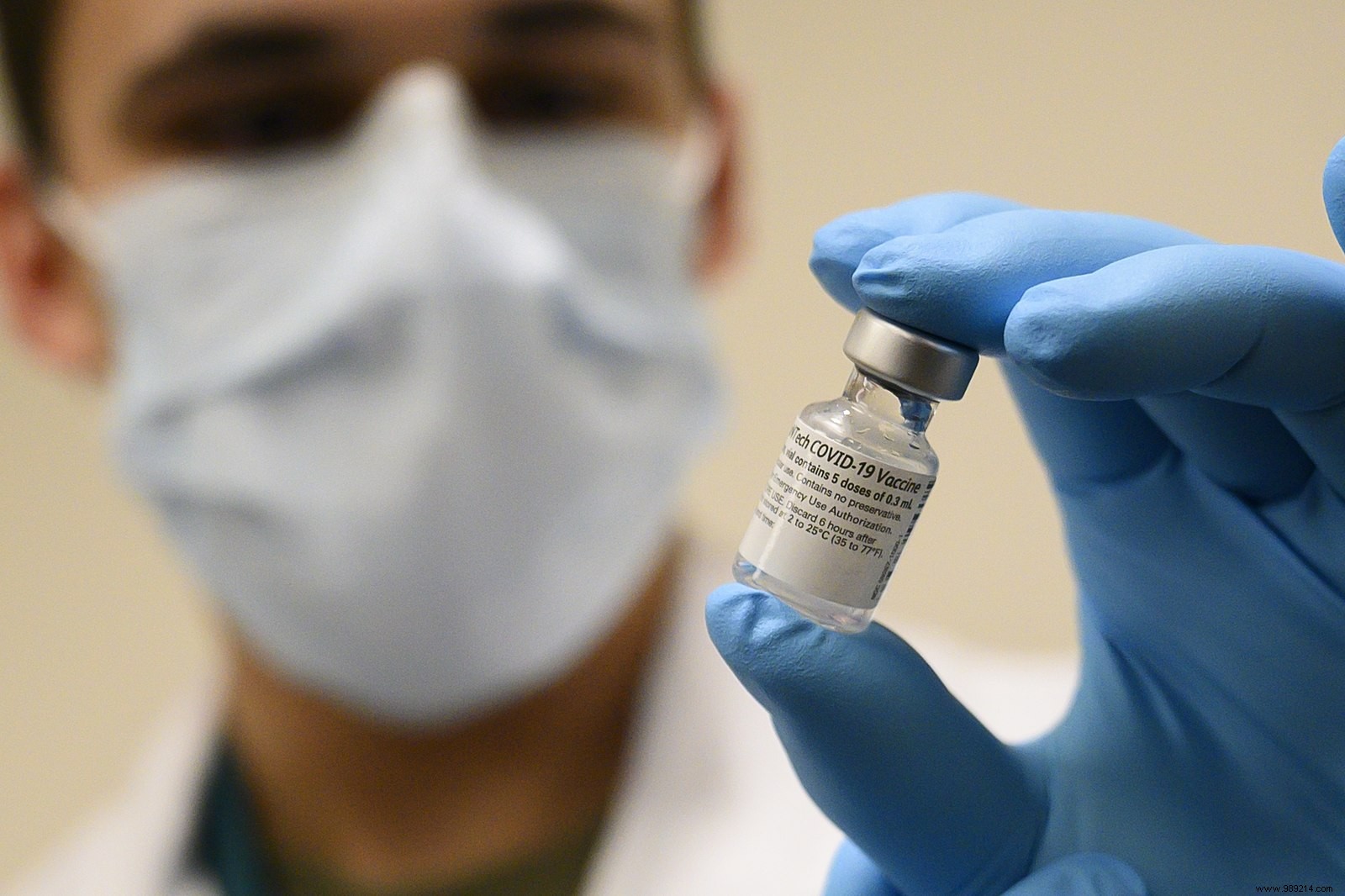For several days, the battle has been going on. And for good reason, a visibly worrying new variant of SARS-CoV-2 is spreading around the world. After the string of bad news, here's some reason for optimism:early evidence suggests that most cases of this variant dubbed Omicron are "mild." In addition, so far the effectiveness of vaccines against the new strain appears unchanged, according to the World Health Organization (WHO).
We are still getting to know it, but we are already able to point out a few facts. First, we know more about its origin. On November 24, scientists in South Africa alerted the WHO to the emergence of a new, highly mutated variant of COVID-19, now called Omicron. It was then assumed that the latter had evolved in this country. Now, information suggests that Omicron was already present in Europe at least eleven days before and in Nigeria a few weeks earlier. South Africa, Europe, Nigeria or another country? For now, we do not know exactly where it comes from.
Regarding the virulence of this variant, according to a WHO official, early evidence suggests that most cases of Omicron are "mild". This information agrees with the words of Dr. Angelique Coetzee, the South African doctor who was one of the very first to suspect the emergence of this variant.
Omicron seems to most often cause "very, very mild symptoms " , despite some cases reporting intense fatigue for one or two days, accompanied by a headache and body aches. So far, no loss of smell or taste has been reported and no major drop in oxygen levels. In South Africa, the doctor says that most cases could be treated directly at home.
Once again, these findings could obviously change over the next few weeks .

Finally, again according to the World Health Organization health (WHO), so far, nothing shows a reduction in the effectiveness of the vaccine against the new strain . On the other hand, it will probably be necessary to wait a few more weeks before being sure. Currently, several laboratories are working hard to design a serum specific to this variant.
In addition to this news, the WHO also advocated "an evidence and risk-based approach “, regarding travel bans. More than fifty countries have in fact put in place restrictive measures aimed at curbing the spread of Omicron. For its part, the WHO warns that such measures will impose “a heavy burden on lives and livelihoods “.